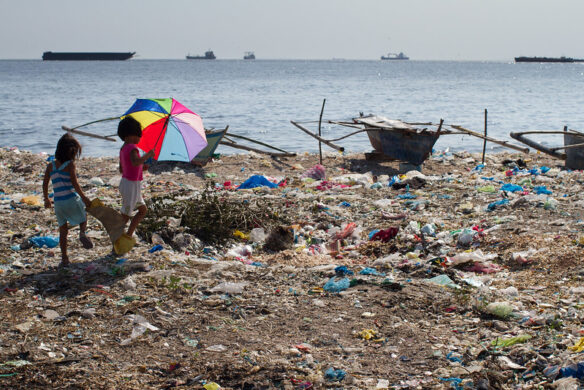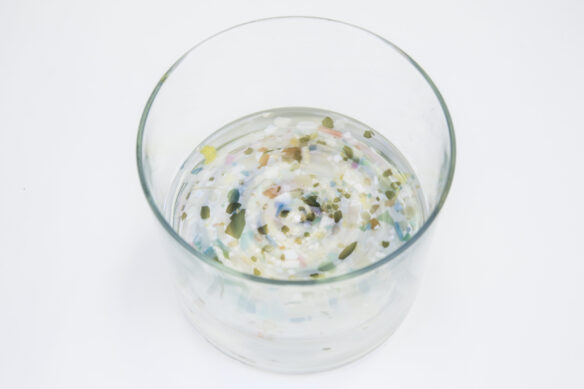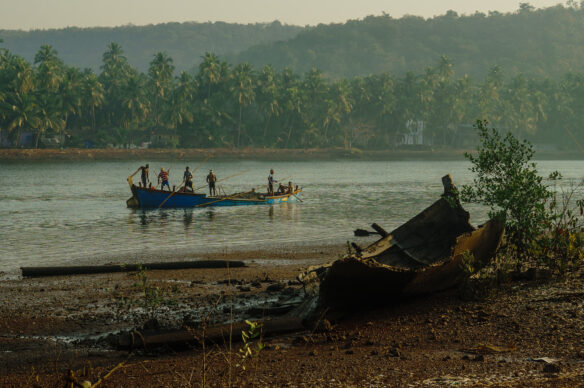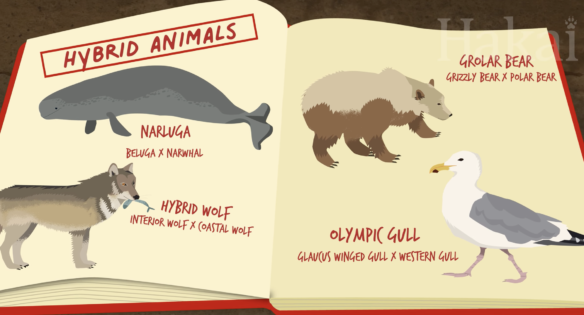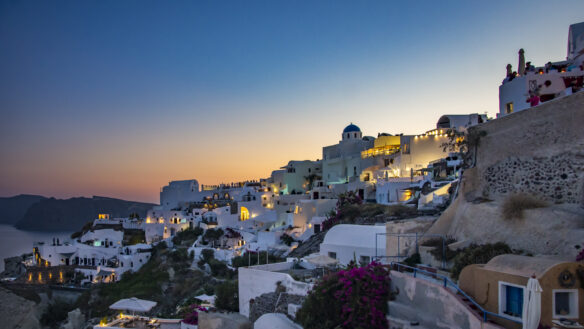
Photograph: © SAF — Coastal Care
Excerpts;
Now that the lights of the UN climate change summit’s meeting rooms having been turned off in Bonn, after a week of intense negotiations and some partial results, another major environmental event is now schedule in Nairobi, this time to search for ways to halt the world’s major killer: pollution.
The argument is clear: every part of the planet and every person is affected by pollution, “the world’s largest killer”, and while solutions are within reach, new policies, enhanced public and private sector leadership, redirected investments and massive funding are all “desperately” needed, a major UN report has warned.
“The only answer to the question of how we can all survive on this one planet with our health and dignity intact is to radically change the way we produce, consume and live our lives,” said on this Ligia Noronha, one of the report’s coordinators.
Read Full Article, IPS News (11-20-2017)
New study links carbon pollution to extreme weather; Guardian UK (04-07-2017)
Human activities are altering the jet stream, which leads to extreme weather patterns getting stuck in place…
Humans causing climate to change 170 times faster than natural forces, Guardian UK (02-12-2017)
For the first time, researchers have developed a mathematical equation to describe the impact of human activity on the earth, finding people are causing the climate to change 170 times faster than natural forces…
World Bank: Air pollution deaths costing global economy $225bn a year; Business Green (09-08-2016)
Premature deaths caused by poor air quality cost the global economy around $225bn in lost labour income during 2013, according to a major new economic study published today by the World Bank and the Institute for Health Metrics and Evaluation (IHME)…
Ship exhaust makes oceanic thunderstorms more intense; Science Daily (09-07-2017)
Thunderstorms directly above two of the world’s busiest shipping lanes are significantly more powerful than storms in areas of the ocean where ships don’t travel, according to new research…
Current threats to our oceans revealed; Science Daily (08-03-2017)
A survey of tens of thousands of marine studies from the last decade reveals current threats to our marine environment. These include: the effects of climate change, marine plastic pollution, conservation, as well as social and economic impacts…
Air pollution may have masked mid-20th Century sea ice loss; Science Daily (02-23-2017)
Humans may have been altering Arctic sea ice longer than previously thought, according to researchers studying the effects of air pollution on sea ice growth in the mid-20th Century…
Scientists study ocean absorption of human carbon pollution; Guardian UK (02-16-2017)
As humans burn fossil fuels and release greenhouse gases, those gases enter the atmosphere where they cause increases in global temperatures and climate consequences. But for many years scientists have known that not all of the carbon dioxide we emit ends up in the atmosphere. About 40% actually gets absorbed in the ocean waters…
Doctors join forces, warn climate change is harming our health; CBS News (03-15-2017)
People may be breathing in microplastics, health expert warns; Guardian UK (05-10-2016)
People could be breathing in microparticles of plastic, according to a leading environmental health expert, with as yet unknown consequences on health…
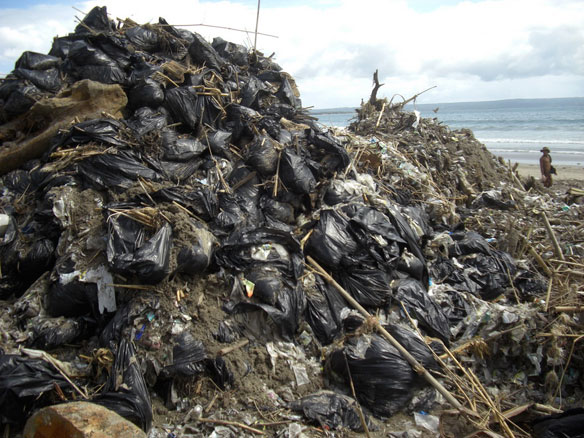
Plastic pollution, Kuta beach, Bali.
“The unprecedented plastic waste tide plaguing our oceans and shores, can become as limited as our chosen relationship with plastics, which involves a dramatic behavioral change on our part…”
Captions and Photo: © SAF — Coastal Care

